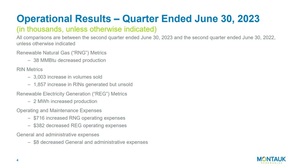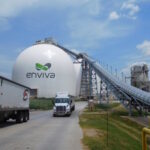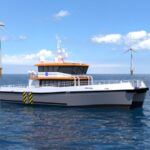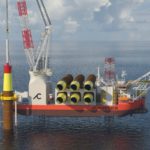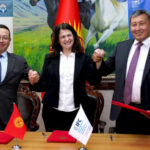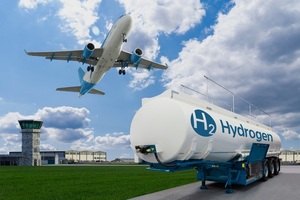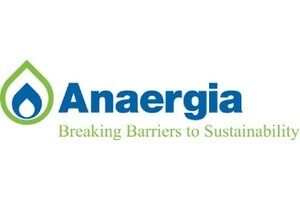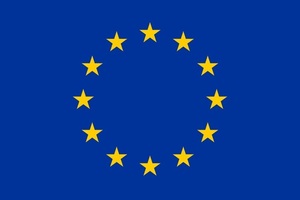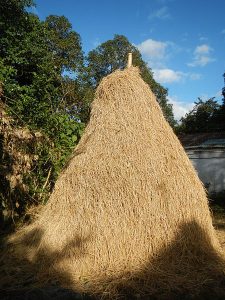Montauk signs agreement with Duke Energy, releases Q2 results
Energy Disrupter
ADVERTISEMENT
Montauk Renewables Inc. on Aug. 9 announced it has signed a renewable energy credits (REC) agreement with Duke Energy for a proposed waste-to-energy facility in North Carolina. The following day the company provided an update on various projects during a second quarter earnings call.
The proposed Turkey Creek facility in Sampson County, North Carolina, will expand Duke’s renewable energy efforts in the state. The project will convert swine waste into renewable electricity, renewable natural gas (RNG) and other renewable commodities, such as biochar fertilizer. Under the 15-year agreements, Duke will buy the electricity and associated RECs. The Turkey Creek facility is expected to be fully operational during the first half of 2025.
“We’re excited about the opportunity to work with Duke on our groundbreaking swine waste-to-Renewable Energy project and to serve the communities of eastern North Carolina with a project expected to be beneficial to the people locally and the environment globally,” said Sean McClain, CEO of Montauk Renewables, in a statement.
During a second quarter earnings call held Aug. 10, McClain provided an update on several other RNG projects under development by Montauk. During the third quarter of 2022, the company announced plans for a second facility at the existing Apex facility in Amsterdam, Ohio. McClain said the second Apex facility is expected to increase daily production at the site to approximately 2,100 MMBtus per day. Commissioning is currently expected to begin during the second half of next year.
Earlier this year, Montauk announced plans to develop an RNG project in South Carolina. McClain said that 900 MMBtu-per-day facility is expected to begin commissioning in 2025. A new project announced in June is also under development by the company. That project is a planned landfill gas-to-RNG project located at the Frank R. Bowerman Landfill in Irvine, California, that will operate in addition to an existing renewable electric generation (REG) facility commissioned in 2016. The new project will process the large and growing volumes of biogas in excess of the existing facility of the REG facility. Montauk aims to commission the new project in 2026.
McClain also discussed several of Montauks existing projects. He said the California Air Resources Board has certified its Tier 2 Low Carbon Fuel Standard application for the Pico dairy cluster in Idaho. The certified carbon intensity (CI) value for the Pico dairy cluster is -260.56 grams of CO2 equivalent per megajoule (gCO2e/MJ). Efficiencies and improvements to the feedstock digestion and water management at the Pico cluster have allowed the project to increase feedstock volumes, he said. In addition, a project to increase digestion capacity at Pico is expected to be functionally complete during the third quarter of this year.
Kevin Van Asdalan, chief financial officer at Montauk, said the company’s RNG segment produced 1.4 million MMBtu of RNG during the second quarter of 2023, down slightly when compared to the same period of last year. The company also produced approximately 49,000 megawatt hours (MWh) of electricity during the second quarter, up approximately 2,000 MWh when compared to the second quarter of last year.
Montauk reported second quarter revenues of $53.3 million, down 21.5 percent when compared to the same three-month period of 2022. Net income was $1 million, down 94.8 percent. Non-GAAP adjusted EBITDA was $19.2 million, down 30.4 percent.

